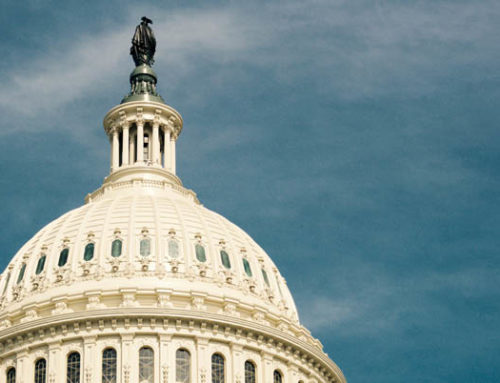When the dust settled after the bill filing deadline last Friday, 6120 bills had been put into motion for the 84th regular session of the Texas legislature. With only 10 Mondays left in the 140 day session, we are now on the clock with regards to getting priority pieces of legislation across the finish line.
Floor debate started in earnest this week with contentious gun bills (open carry and campus carry) in the Senate, and Border security in the House. In the Senate, audiences were treated to what one can only imagine will be a common refrain for the remainder of the sessions debates. Long rhetorical volleys ending in similar vote counts (20-11) along party lines. The House, however, will operate under numerous and often changing fault lines depending on the issue. Either way, get your popcorn, find a comfy seat, and enjoy the show.
Key Takeaways
House Lays Out Supplemental Budget Bill
In order to address unexpected costs and payments owed, House budget writers intend to add $433 million to the current two-year budget (2014-2015).
As the supplemental bill is written, it will actually cover more than $1 billion in state needs, with much of the costs covered by transferring leftover money from other parts of the budget. HB 2 seeks to fund state needs that include the health insurance program for retired teachers, maintenance of state buildings, and Medicaid.
Several members expressed concern for how funds were being transferred from important health and human services programs that need these funds yet were not able to utilize them within the current budget time.
Senate Tax Relief Measures
On Tuesday, the Senate Finance Committee voted out of committee proposals cutting more than $4.5 billion in property and business taxes. The most controversial measure, SJR 1 seeks voter approval to change the homeowner’s exemption from $15,000 to a floating target at around 25 percent of the state’s annual median home market value. This is projected to cost the state a little more than $2 billion and provide an average property tax savings of $225 per year to Texas homeowners over the next two years.
This debate has reignited concerns around spending money before members know the full cost of taking care of base budget priorities. There has also been renewed interest in the idea that money spent on debt reduction and property tax relief would not count against the spending cap, thus freeing up other money for state expenditures.
Other tax relief bills approved by Nelson’s Senate Finance Committee would slash the rate businesses pay on franchise tax by 15 percent; would let businesses with $4 million or less in annual revenue pay no tax, exempting about 61,000 businesses; and allow more companies – most of them in the service sector – to use an “EZ” computation and pay a rate that’s 42 percent lower than such filers now pay.
The House has still not finalized its tax-relief measures, but the idea of “sales tax” relief has been discussed.
HHSC Contracting Controversy and Its Future
Amid the recent scandals and controversy concerning Health and Human Service Commission’s contracting, the Sunset Commission has expressed concern over consolidating the state’s 5 health and human services agencies.
Now, lawmakers are proposing the massive structural change take place over time rather than in one big move into a “mega-agency”.
The bills would combine three agencies — HHSC, the Department of Aging and Disability Services, and the Department of Assistive and Rehabilitative Services — into one beginning next year. Texas’ Department of State Health Services and the Department of Family and Protective Services would be looped in starting in 2019.
WHAT TO LOOK FOR NEXT
- The House adjourned until 2:00 p.m., Monday, March 23, 2015.
- The Senate adjourned until 2:00 p.m., Monday, March 23, 2015.





